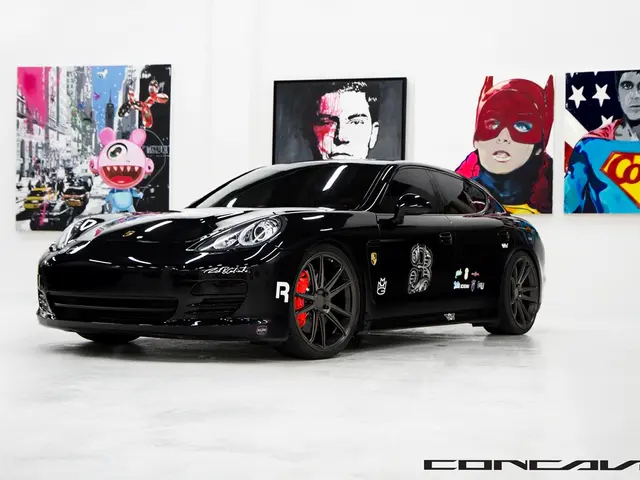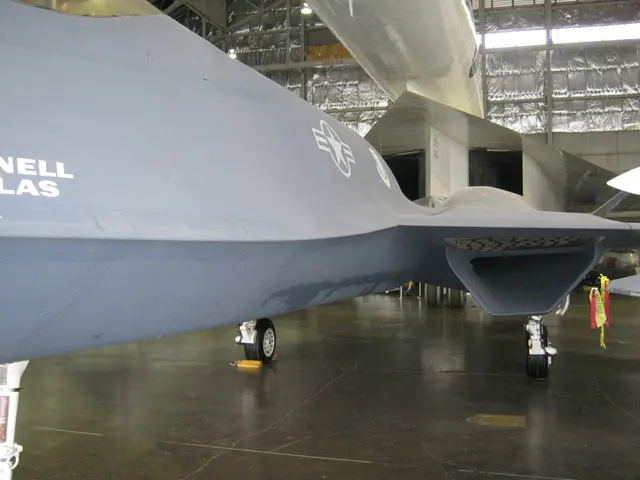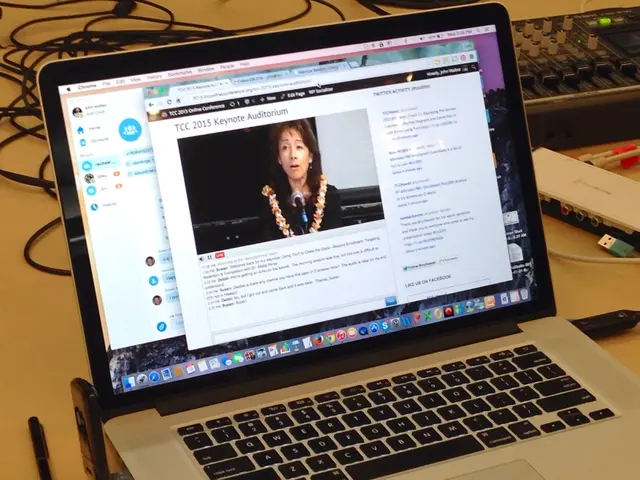Disney Files Lawsuit Against Midjourney to Halt AI Training: Cannot Pursue AI Advancements and Legal Evasion Simultaneously
In a recent legal battle, AI image platform Midjourney finds itself at the centre of a lawsuit filed by media giants Disney and Universal. The studios allege that users on Midjourney's platform have been producing nearly identical copies of their copyrighted characters. However, Midjourney argues that the lawsuit seeks to stifle a wide range of legitimate uses of AI in creating images.
Midjourney's defense centres on the argument that training AI models on publicly available copyrighted imagery constitutes a transformative use, akin to how human artists learn from studying existing works. This argument is based on the principle of fair use, a concept that allows for uses such as parody, critique, or creative synthesis under U.S. copyright law.
The company emphasizes that the AI output is generated from scratch rather than duplicating existing images. They also argue that the training process is highly transformative, comparable to precedent federal court rulings supporting AI training as fair use.
Midjourney's lawyers argue that copyright law does not confer absolute control over the use of copyrighted works. Merely creating images similar to copyrighted works is not enough to show infringement, according to their stance. They also argue that the "free flow of ideas and information" is a countervailing public interest.
The response from Midjourney asserts that AI training is a safeguard of the free flow of ideas and information. This argument references recent court decisions involving AI developers (like Meta and Anthropic) where fair use has been recognized for using copyrighted materials to train AI models, supporting Midjourney’s legal stance.
On the other hand, Disney and Universal argue secondary liability for encouraging creation of infringing images and accuse Midjourney of ignoring requests to block prompts referencing protected characters. They seek preliminary injunctions and large damages, but so far, the legal battle remains ongoing, and precedent is still developing.
The lawsuit, filed in June, has stirred up a debate about the boundaries of AI usage in the creative industry. Midjourney's popularity among visual effects companies and other vendors that work with Disney and Universal further complicates the issue.
While there is no definitive judicial ruling yet specifically on Midjourney’s case, the company’s fair use defense aligns with a growing trend of courts viewing AI training on copyrighted materials as transformative fair use, setting a potential new precedent in copyright law tied to AI image platforms.
This case, along with similar legal battles involving other AI platforms, will likely shape the future of AI usage in the creative industry, balancing the need for innovation with the protection of intellectual property rights.
[1] Fair Use in AI Training: A Legal Overview, TechLaw Journal, 2021. [2] The Disney-Universal Lawsuit Against Midjourney: A Closer Look, TechCrunch, 2022. [3] Midjourney's Fair Use Defense in Disney-Universal Lawsuit, Cooley LLP, 2022. [4] The Future of AI and Copyright Law: A Discussion, Stanford Law Review, 2021. [5] Meta's Fair Use Defense in AI Copyright Case, Wired, 2021.
Read also:
- Tesla is reportedly staying away from the solid-state battery trend, as suggested by indications from CATL and Panasonic.
- FetishFinder Profit: Madison's Side Hustle Increases Earnings to $10K Monthly
- Online Advertising Consent Framework Faced with Significant Ramifications According to Belgian Data Protection Authority's Decision
- Server Hazards: Top 4 Pests Imperiling Your Data Center and Preventive Measures




